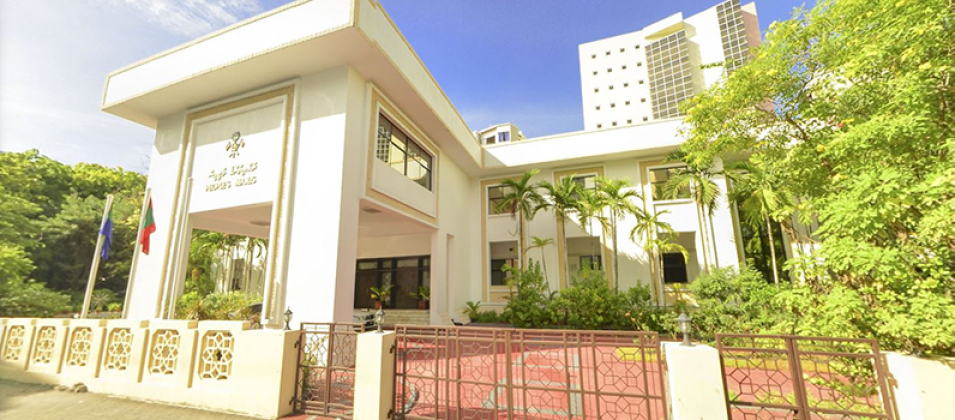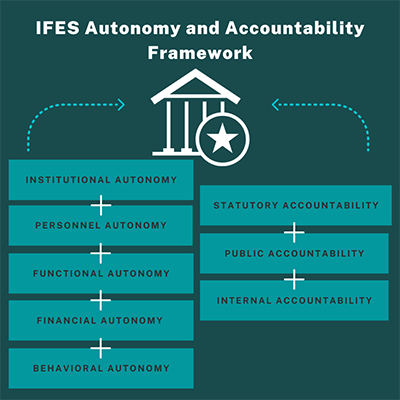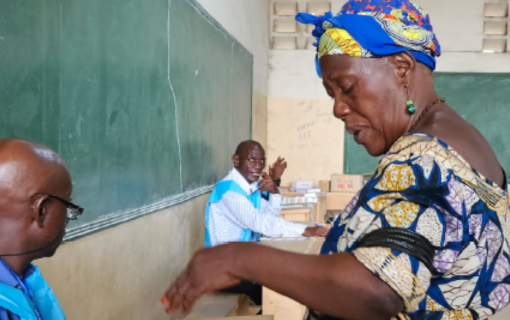
Parliamentary Oversight of Constitutional Bodies
After decades of power centralized in the executive, the Maldives’ 2008 Constitution introduced separation of powers and created “independent institutions to monitor the three branches of power and safeguard human rights.” The Election Commission, Anti-Corruption Commission and other independent institutions must have sufficient autonomy to operate effectively and carry out their mandates without susceptibility to undue influence. However, they are not immune from corruption, poor leadership or partisan behavior, and still require oversight to ensure accountability.
Finding the correct balance between accountability and autonomy can be challenging, but it is essential to ensure that the institutions appropriately fulfill their mandates. In response to a request from Parliament, the International Foundation for Electoral Systems (IFES) conducted an extensive literature review, analyzed comparative practices and consulted stakeholders to develop a set of recommendations for effective parliamentary oversight of independent institutions.
The resulting paper, Parliamentary Oversight of Constitutional Bodies in the Maldives, explores how parliamentary tools and mechanisms can be effectively tailored to provide the appropriate level of oversight. The paper has recommendations and lessons that are broadly applicable outside the Maldivian context, and helped inspire the development of IFES’ Autonomy and Accountability Framework.
Because constitutional bodies have a unique role to play in bolstering good governance, any improvement to their performance will improve the quality of democracy as a whole and help prevent corruption, improve service delivery and increase transparency and rule of law. IFES’ Autonomy and Accountability Framework helps countries achieve this in practice.
Published on December 8, 2020, based on research conducted between July 2019 and February 2020.















